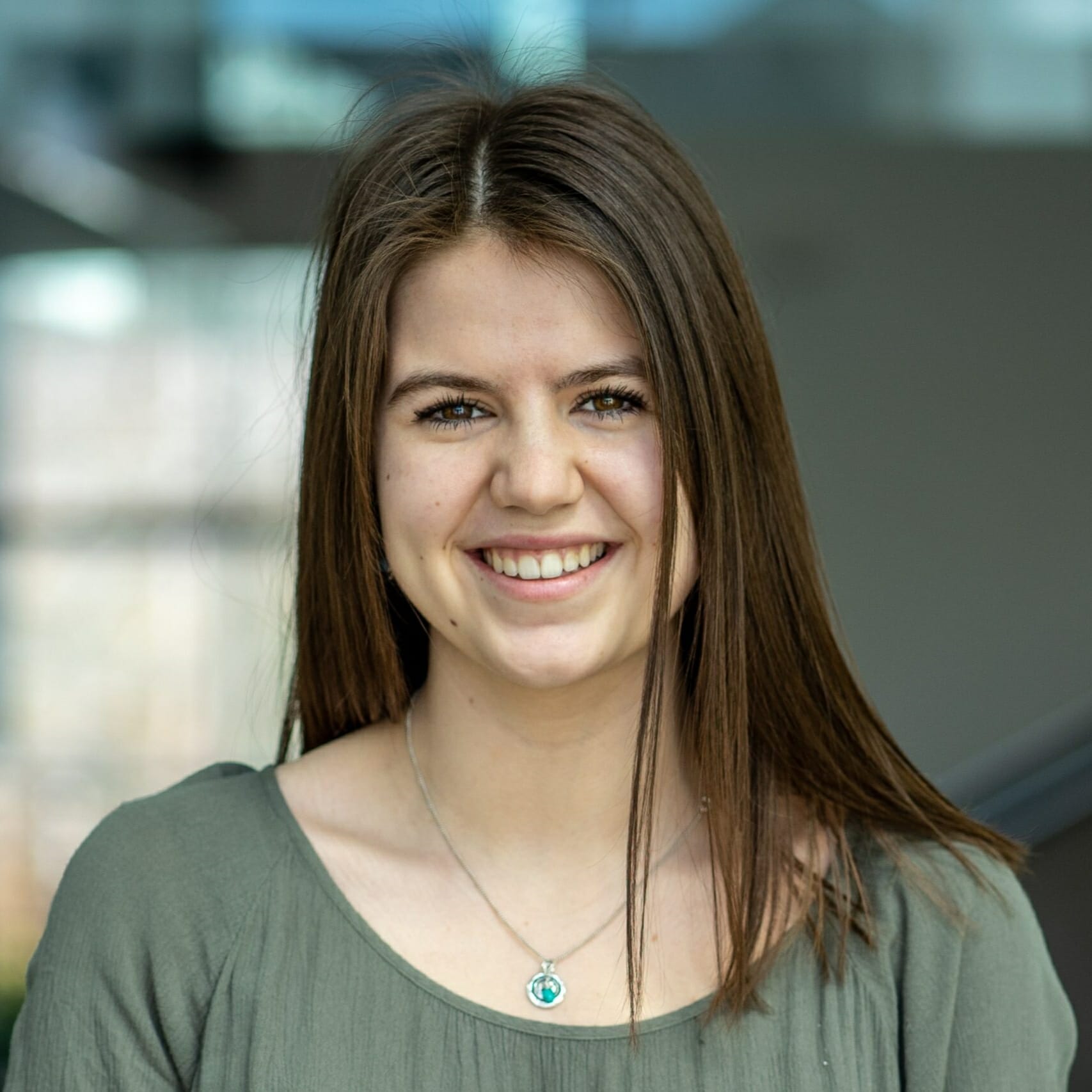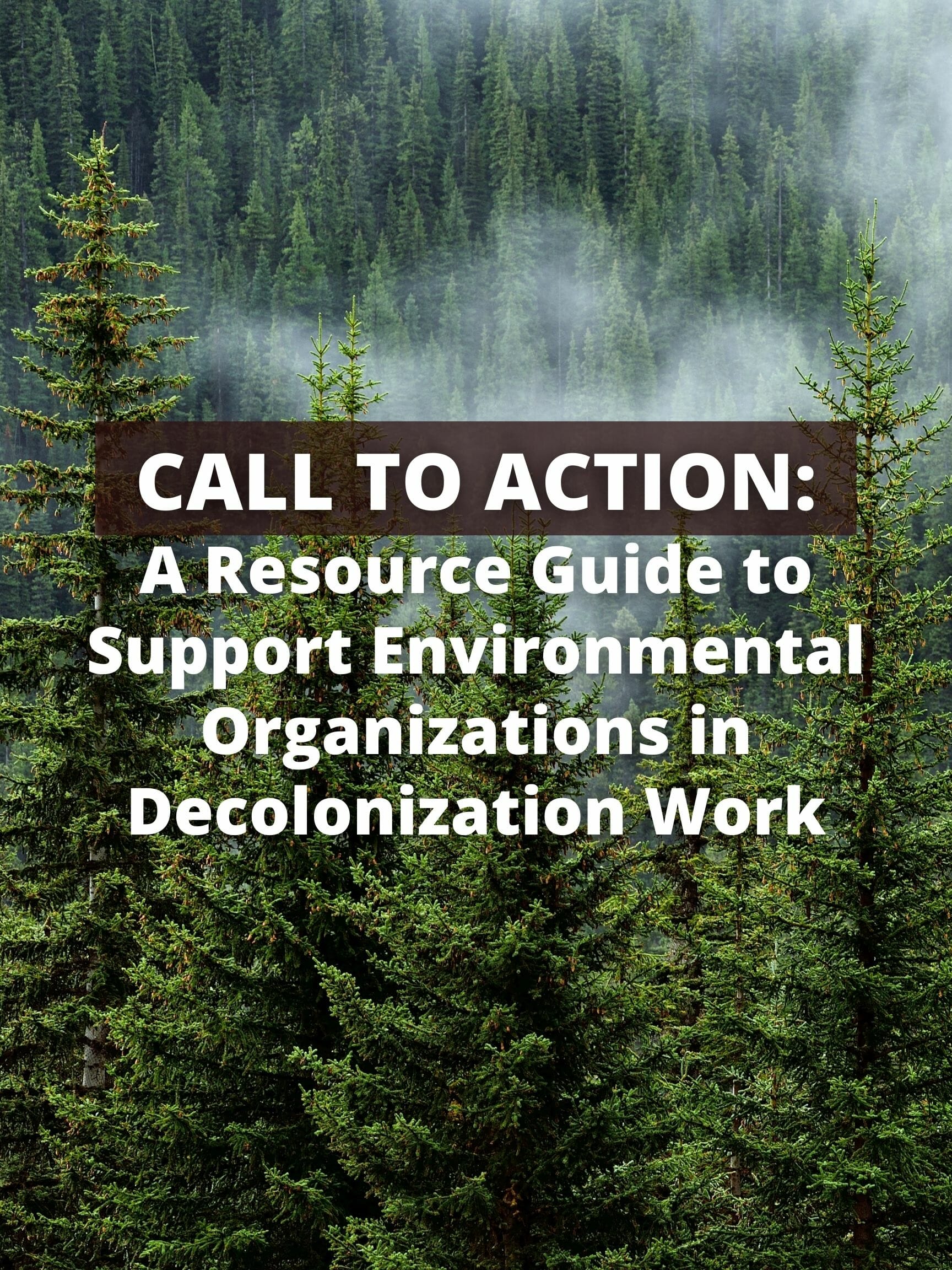A Call To Action For The Environmental Movement
By Abigail Christ-Rowling, Posted on January 20, 2022
A Resource Guide to Support Environmental Organizations in Decolonization Work
With a history and ongoing legacy of colonial practices, the environmental sector has a vital responsibility to challenge and deconstruct the systematic colonial structures that are still utilized today.
Efforts from the environmental sector addressing the climate crisis, when paired with Indigenous justice advocacy and action, enable both the acknowledgement of colonial history as well as the movement towards a more equitable society.
Everyone has the responsibility to fight for Indigenous autonomy, justice and equity. By taking informed actions we are acknowledging and living up to our responsibilities. It is our hope that the following Resource Guide to Support Environmental Organizations in Decolonization Work can support individuals and organizations to learn and practice meaningful Indigenous allyship in their work and beyond. This resource guide provides:
- A compilation of some of the resources and tools created by experts and knowledge holders, with a focus on Indigenous-created sources.
- A recognition that environmentalists, especially those working with land, have a role in reconciliation that is different from others.
- A call to action for earning and sustaining allyship, beyond tokenism and statements without commitment.
Read the full guide here:
In acknowledgement and gratitude, the writing and creation of this project took place across Turtle Island on the unceded territory of the Mi’kmaq Peoples, Wolastoqiyik Peoples, Coast Salish Peoples and the traditional territory of the Seminole Peoples.

About the author: Abigail Christ-Rowling is an Environmental Studies student at Mount Allison University, and the Executive Assistant at Community Forests International.

